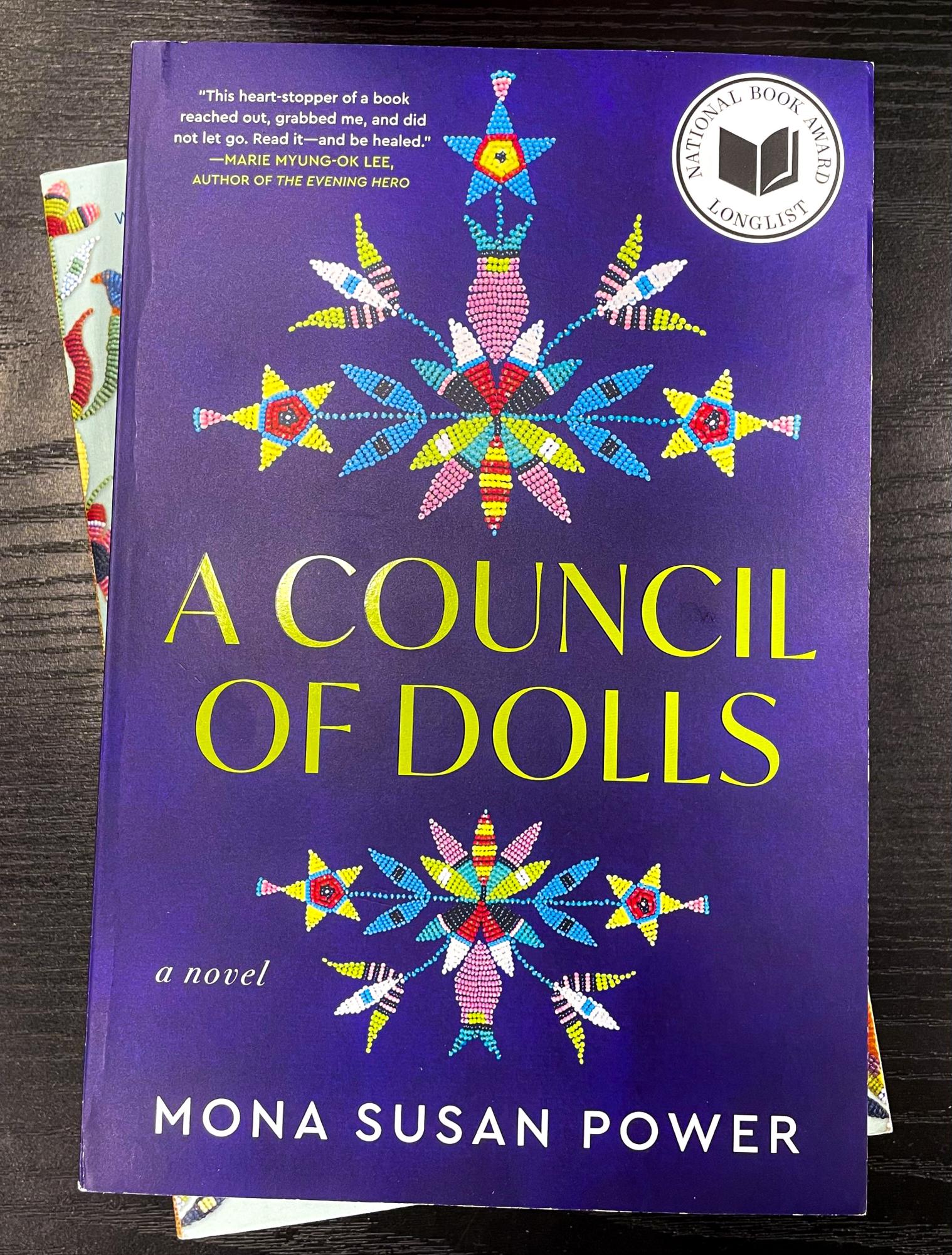Easy Peazy Lemon Squeezy
Easy peazy lemon squeezy. These words have been engraved in our minds ever since our childhoods. Taking a step backward, however, the word ‘easy’ means “achieved without great effort; presenting few difficulties”. At P-CEP, the word ‘easy’ is beginning to be used a little too freely and disrespectfully. From tests, to sports, and even actions, it is being thrown around unnecessarily. The prime reason that ‘easy’ should be limited in schools is because no task can ever be truly ‘easy’. Someone out there will always have trouble doing something and they will go through some difficulties in order to complete that respective task. Not everyone can take in Oxygen as easily as the next guy. Not everyone can run a marathon as easily as some athletes do. Not everyone can solve for “X” as easily as Pythagoras could.
A common example that most of us can relate to is the test experience. All of us are at different levels in schools, as some learn faster than others. Therefore, when Person B asks, “how was the test?” and Person A replies with something such as, “It was SO easy!”, the mindset of Person B is almost immediately changed. It goes from stressed to relaxed and he or she starts to spread the word to others that the test was “easy” as well. The only reasons Person A thought the test was easy, was because they already knew the information or they studied extremely hard. As a result, they were familiar with the presented information and could complete the test with ease. Another situation could include two students who both completed a test, and had differing thoughts about it. If Person C thought the test was ridiculously easy while Person D struggled a bit, then the confidence of the latter immediately drops after conversing with Person C.
Plymouth sophomore Moriah Ma weighed in on the word ‘easy’ by explaining how her 5th grade teacher discouraged the usage of both ‘easy’ and ‘hard’ in her classroom. The reason being- “She kept in mind that other students’ feelings will be hurt if they call a test “easy” or “hard”. As an alternative, she suggested that the students use better words such as “straightforward” or “challenging”.” Ma said that she “missed this system” and wish it could be implemented in high schools especially. She claims, “This is an example of making the classroom environment less hostile and more welcoming to children of all intellects.” This is a great example of something we could do as a school to try and watch how we word certain phrases, even if they are not meant to be harmful toward others.
Looking at things from a bit of a different perspective, Salem French teacher Katherine Rokakis, weighed in as well. She believes, “…that it is more of the culture that we need to look at changing. As with many things in the world, people can be (intentionally or unintentionally) mean spirited in order to make themselves feel better.” Rokakis attempts to show that the word ‘easy’ is sometimes used in such a way that it brings others down. Her main argument, however, is that the competition between different students is what is the main factor behind all of the name calling is. Saying that something is easy can indicate a feeling of superiority toward the other person.
Overall, the point that is trying to be made is that students should watch themselves and be a bit more cautious regarding their word choice. High school does not need to be any more competitive than it already is. Words such as easy and hard should not be BANNED in schools, but they need to be used in appropriate contexts and to certain extents. There definitely are more vulgar words out there, but awareness must be spread about as many things as possible.
Your donation will support the student journalists of Salem High School - MI. Your contribution will allow us to purchase equipment and cover our annual website hosting costs.






